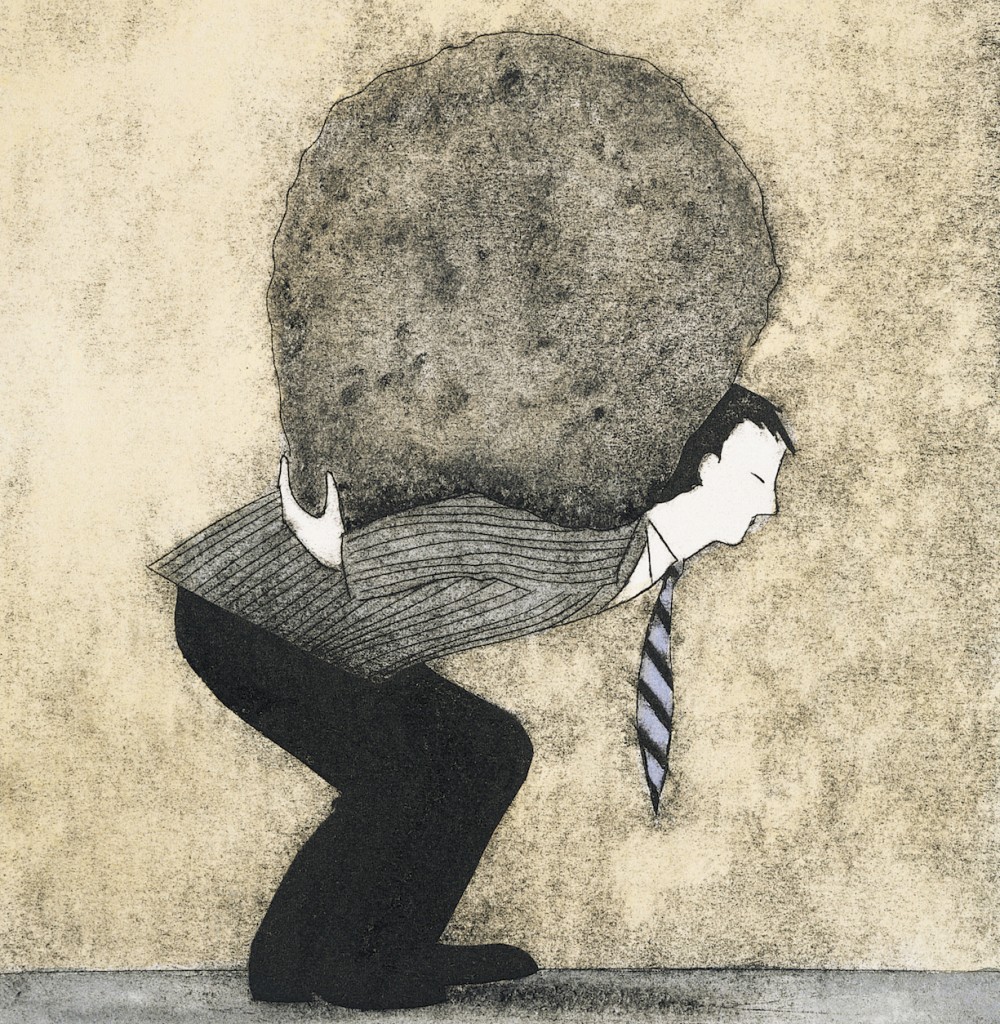
Your overloaded schedule, your constantly ringing phone: stressors you are all too aware of. But there may be others that you’re not addressing because you’re not even aware of them. Here are three of those hidden stressors, according to Peter Moskowitz, MD, executive director, Center for Professional and Personal Renewal, Palo Alto, Calif.
- You don’t even know you’re out of balance. Not having that insight is a stressor in itself. Instead, Dr. Moskowitz says, physicians may know they’re feeling under pressure and losing the fun of practice.
Pay attention to all—not just one or two—of what Dr. Moskowitz says are the interrelated six domains of balance: physical, emotional, spiritual, relationship, community and work.
- Your habits are backfiring. As obvious as it sounds, physicians often are not aware that they lack sleep and exercise.
Dr. Moskowitz says physicians he counsels are often under rested. “It’s not uncommon for physicians in burnout to average four to five hours of sleep per night,” he says.
Instead, Dr. Moskowitz emphasizes that physicians should get seven and a half to eight hours per night to cope with a challenging work environment. But there’s a tradeoff: Adding, say, three hours of sleep per night means those hours have to be taken from some other activity.
Don’t take that time from exercise, he cautions. “If you’re not exercising,” Dr. Moskowitz explains, “you’re more prone to be affected by stress, and even get depressed.”
He recommends 30 to 45 minutes of aerobic exercise three to four days a week. “It’s a must because of the endorphin effect to combat stress and improve mood,” he says. “It’s not an option.”
To ensure you make time for exercise, Dr. Moskowitz recommends creating a weekly schedule every Sunday. Schedule in exercise, time for family and alone time before everything else fills in. “Put yourself on the schedule first,” he says.
- You aren’t self-aware. Dr. Moskowitz says another common problem is not having a strategy for self-awareness. This can take the form of quiet time alone, meditation, prayer or writing in a personal journal on a regular basis.
“If you don’t do that,” he explains, “you become disconnected from yourself, not really aware of what’s going on beneath the surface. You may just be aware of your stress or that you hate your job.” If it is your job you do hate, consider taking on a new job search.
As a bonus, Dr. Moskowitz adds, such mindfulness strategies not only improve your mood, but they also lower blood pressure, boost resistance to infection and illness, and raise self-esteem.
It may take a month before you begin to see a positive impact. “Life balance is a path, not a destination,” he says. “You don’t get to perfection. Nobody does.”


















 Facebook
Facebook
 LinkedIn
LinkedIn
 Twitter
Twitter
 Pinterest
Pinterest